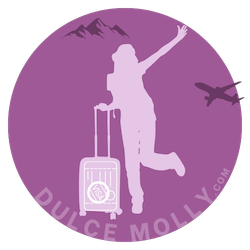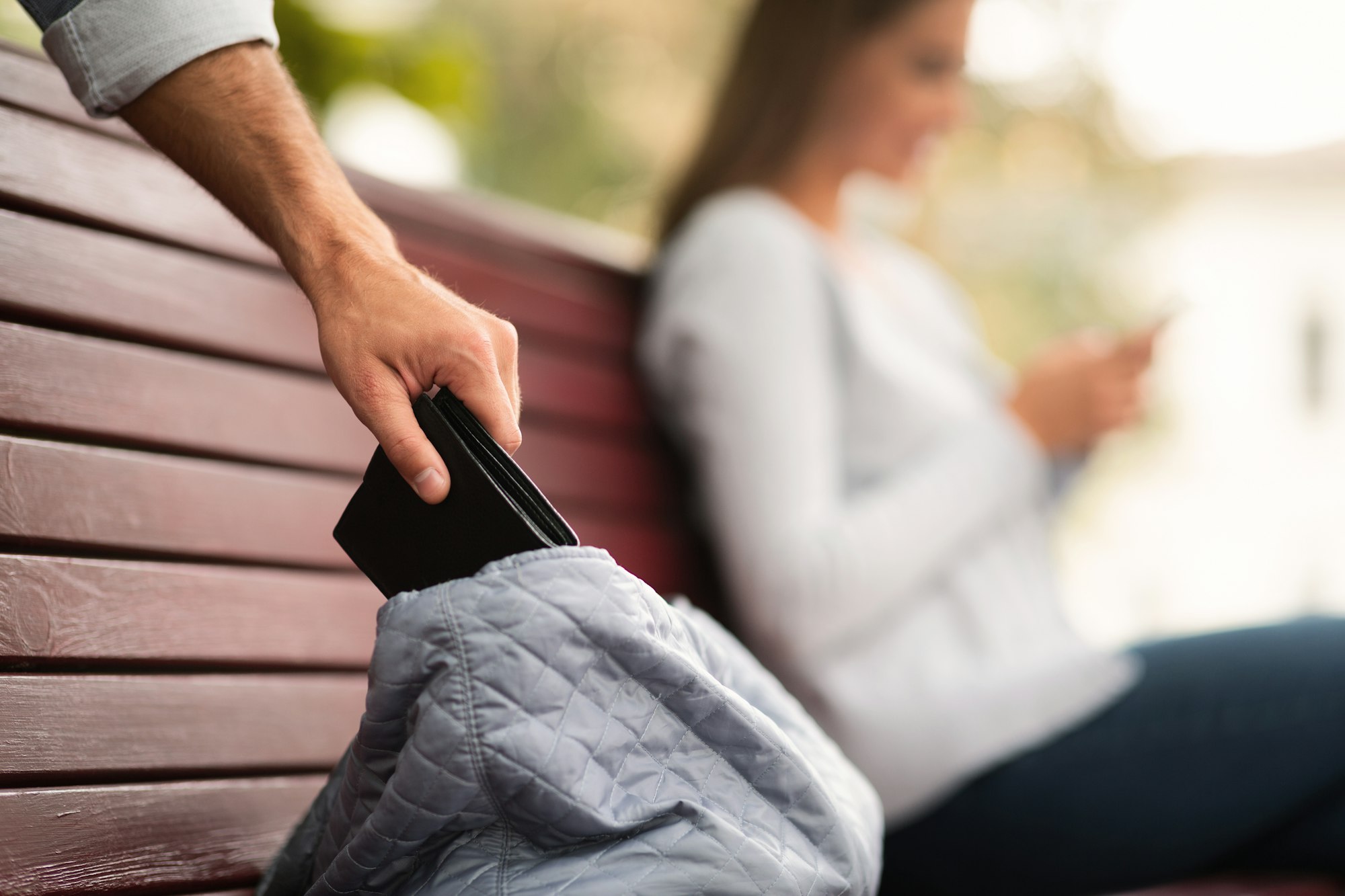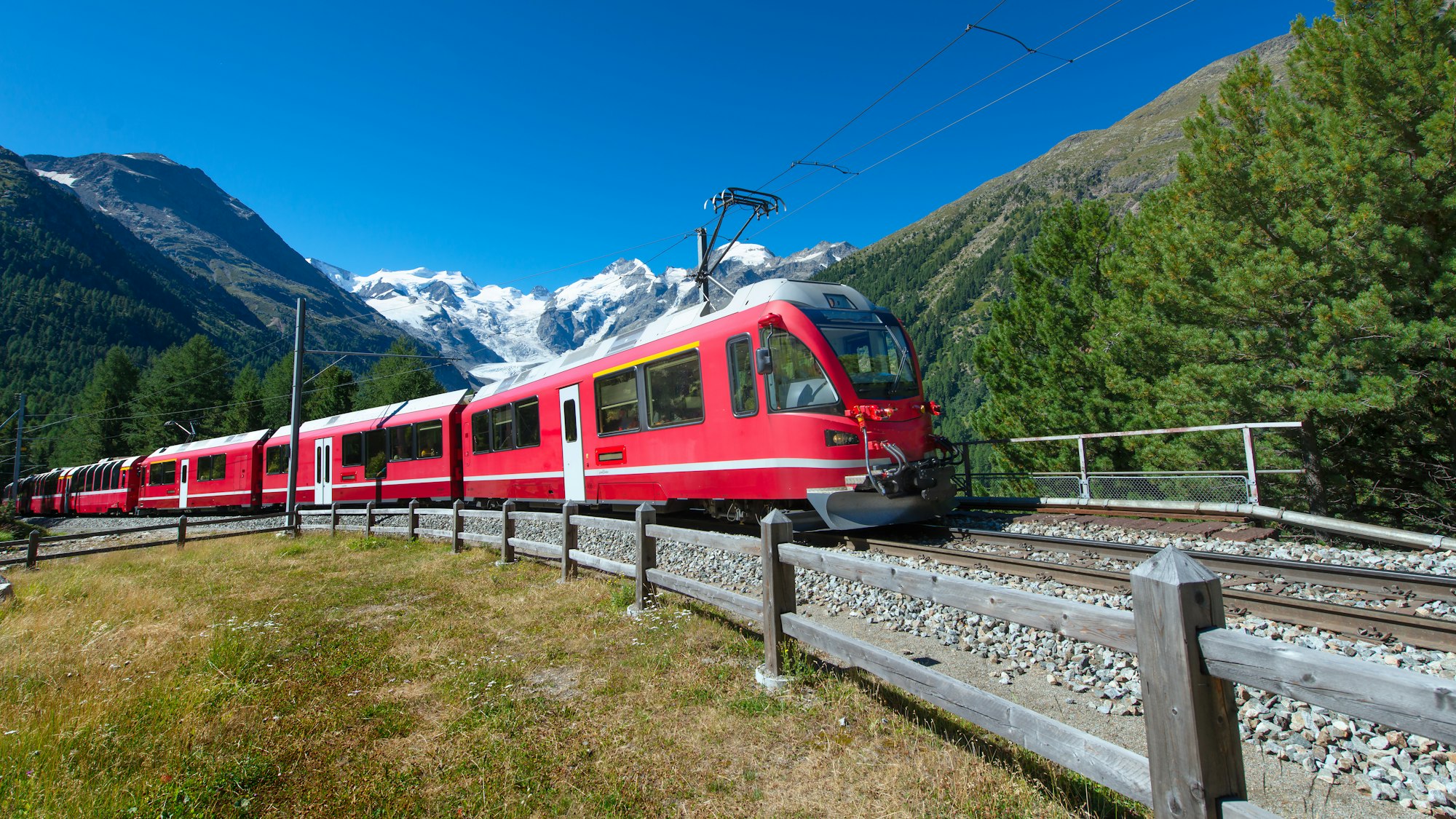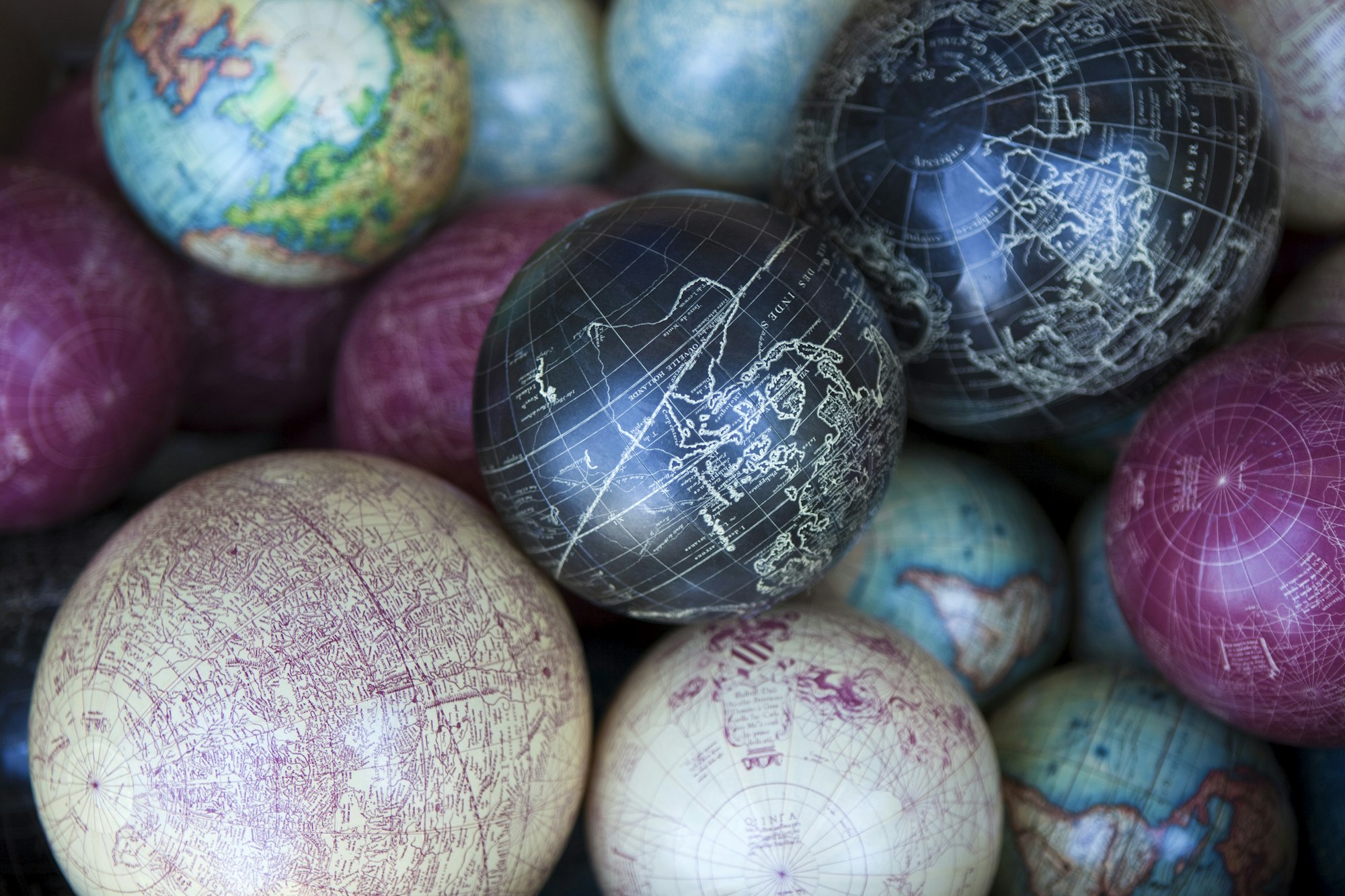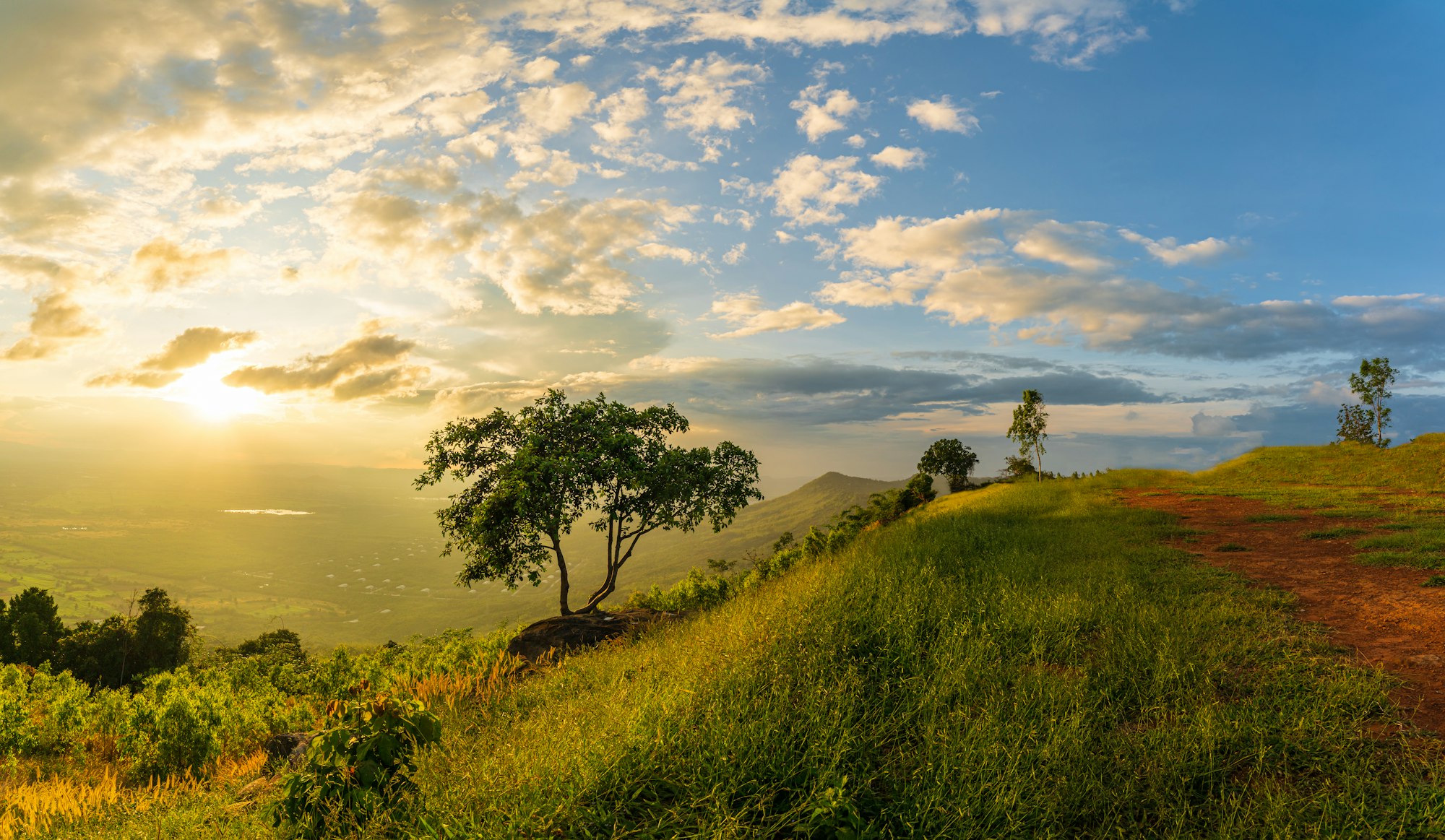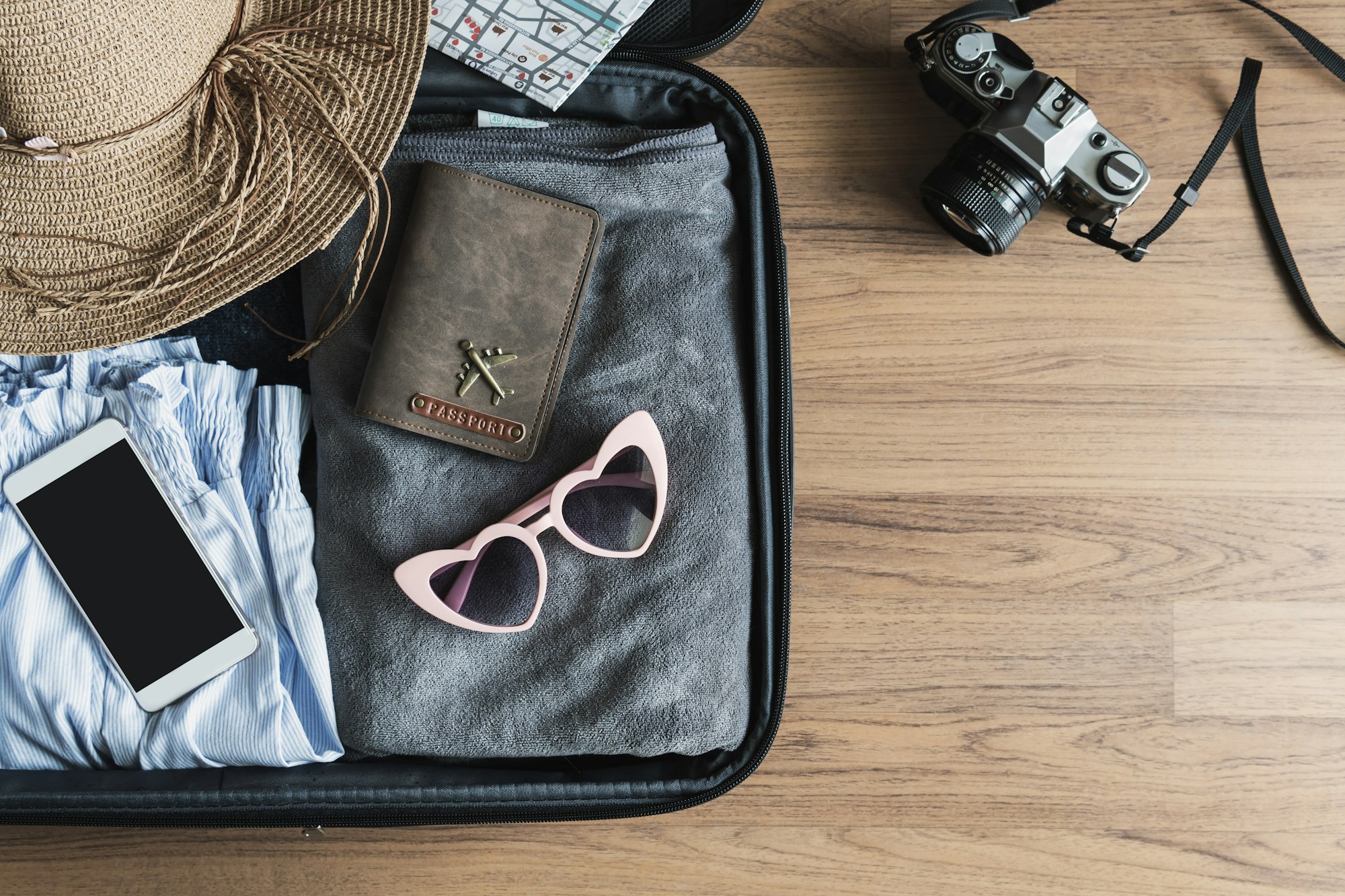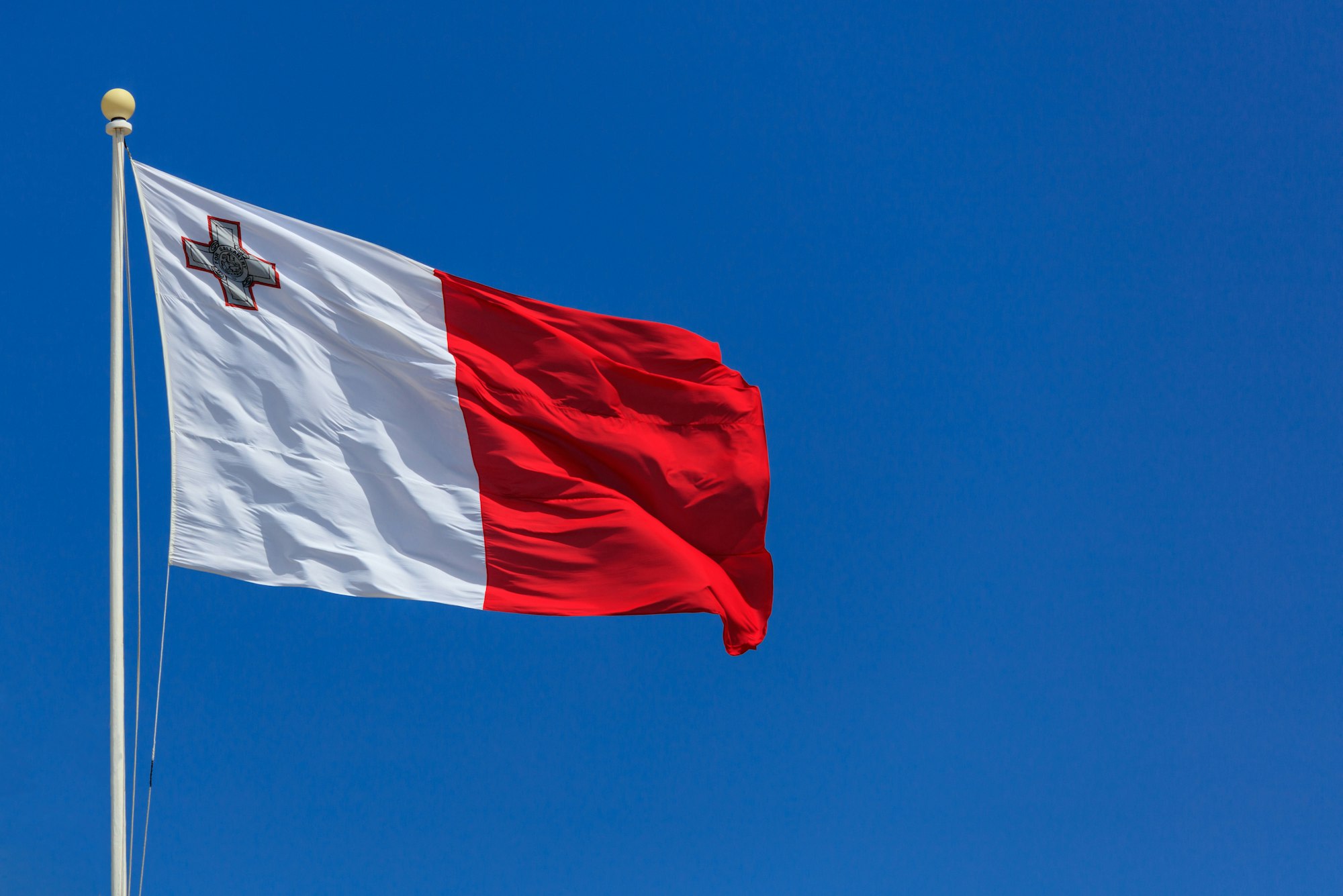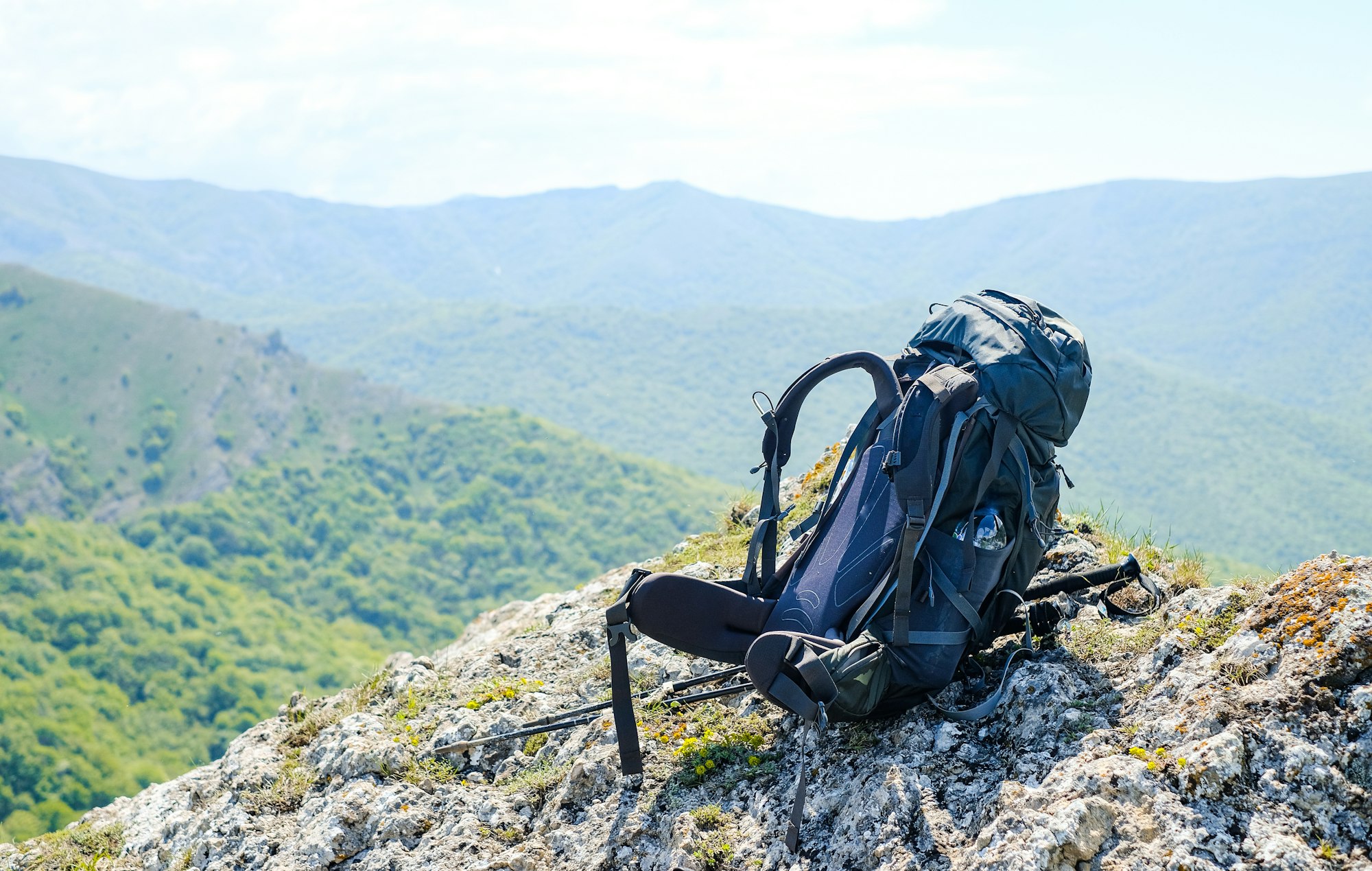THE 10 COMMANDMENTS OF SAFE SOLO FEMALE TRAVEL: YOUR QUICK GUIDE TO EMPOWERMENT AND SECURITY ON THE ROAD.
1. Research Your Destination Thoroughly:
Understand local customs, laws, and safety concerns.
2. Stay in Safe Accommodations
Choose well-reviewed, centrally located accommodations.
3. Keep Copies of Important Documents
Have digital and physical copies of your ID, passport, and travel insurance.
4. Share Your Itinerary
Always let someone know your travel plans and check in regularly.
5. Stay Connected
Have a local SIM card or international plan to make emergency calls if needed.
6. Be aware of your surrounding
Stay vigilant, especially in crowded or unfamiliar places.
7. Use Reputable Transportation
Opt for official taxis or trusted publictransportation methods.
8. Dress Appropriately:
Respect local customs and dress codes to blend in and avoid unwanted attention.
9. Keep Your Belongings Secure:
Use anti-theft bags and keep valuables out of sight. Use GPS tracking.
10. Trust Your Instincts
If something feels off, trust your gut and remove yourself from potentially unsafe situations.
At Dulce Molly, we’re committed to inspiring adventurous spirits while prioritizing safety and preparedness on every journey. From navigating cultural nuances and securing safe accommodations to understanding local customs and optimizing your travel planning, we’ve got you covered. ❤️✈️
Latest Blogs
-

Essential Travel Safety Tips for Solo Female Travelers
—
Welcome to all the solo adventurers out there! I tried to keep it short in this blog about “Essential Travel Safety Tips for Solo Female Travelers.” So if you’re planning to explore the world on your own, staying safe should be your top priority. Here are some indispensable travel safety tips that will help you…
-

Morocco Safety Guide for Solo Female Travelers
—
Welcome to the most comprehensive Morocco Safety Guide for solo female travelers, one of many safety guides about Africa. Country Calling Code: +212 US Embassy In Rabat (the Capital): 05 37 63 72 00 Canadian Embassy in Rabat: 05 37 54 49 49 8 am to 4.45 pm – No weekends > +1 613 996…
-

How to Choose Your Best Travel Transport Options: A Solo Traveler’s Guide
—
Embarking on a new adventure unfolds a world of possibilities, not just in destinations but in the journey itself. For the avid traveler, the best travel transport options are more than a logistical decision—it’s the first step toward an immersive travel experience. Whether you’re planning a leisurely retreat or a business trip, selecting the ideal…
-

A Guide to Understanding Cultural Customs and Etiquette Abroad
—
The question is how much do we know about cultural etiquette for travelers? – that is what we will try to answer in this article. Embarking on a journey to unfamiliar territories brings the thrill of exploration and the opportunity to immerse oneself in the diversity of world cultures. However, this adventure also comes with…
-

The Joy of Sightseeing Stops: Discovering the World Beyond the Itinerary
Traveling unveils a world of unforgettable memories and invaluable lessons, often found not just in reaching a destination but in the journey itself. The real essence of travel lies in the unexpected detours and sightseeing stops that invite us to explore the heartbeat of different cultures, landscapes, and histories. Embracing the serendipity of sightseeing stops,…
-

Essential Packing Tips for the Smart Traveler: Clothing & Gear Guide
—
Embarking on a journey to explore new cultures, appreciate the diverse offerings of the world, and unwind away from the daily grind is one of life’s greatest pleasures. However, the key to ensuring your travel experience is as memorable and seamless as possible lies in one critical aspect: packing the right clothing and gear. this…
-

How to Plan an Intentional Travel Journey: Your Ultimate Guide
—
Traveling is more than just visiting new places; it’s about immersing yourself in new cultures, exploring unseen sights, and creating memories that last a lifetime meaning making a “Plan an intentional journey“. However, the thought of planning your trip can often seem daunting. Fear not! With our step-by-step guide, we’ll show you how to plan…
-

Is Malta Safe for Female Travelers?
—
We will be answering the question: – Is Malta Safe for Female Travelers? and some FAQ – you can check the answer here Embark on a journey to Malta, a Mediterranean gem that captivates solo female travelers with its unparalleled blend of historical wealth, vibrant cultural scenes, and stunning natural beauty. This enchanting island nation…
-

Unlock Solo Travel Bliss: Top 5 Reasons Backpacking Transforms Your Adventures
—
Traveling solo? There’s a liberating feeling that comes with packing your life into a single backpack and setting off for an adventure. In recent years, backpacking has surged in popularity among solo travelers for its simplicity, flexibility, and the unique sense of freedom it offers. Whether you’re navigating ancient cities, trekking through rugged landscapes, or…
Safety Guides for Africa (Coming soon)
for solo female traveling to :
Morocco – Egypt – South Africa – Tanzania – Kenya – Mozambique
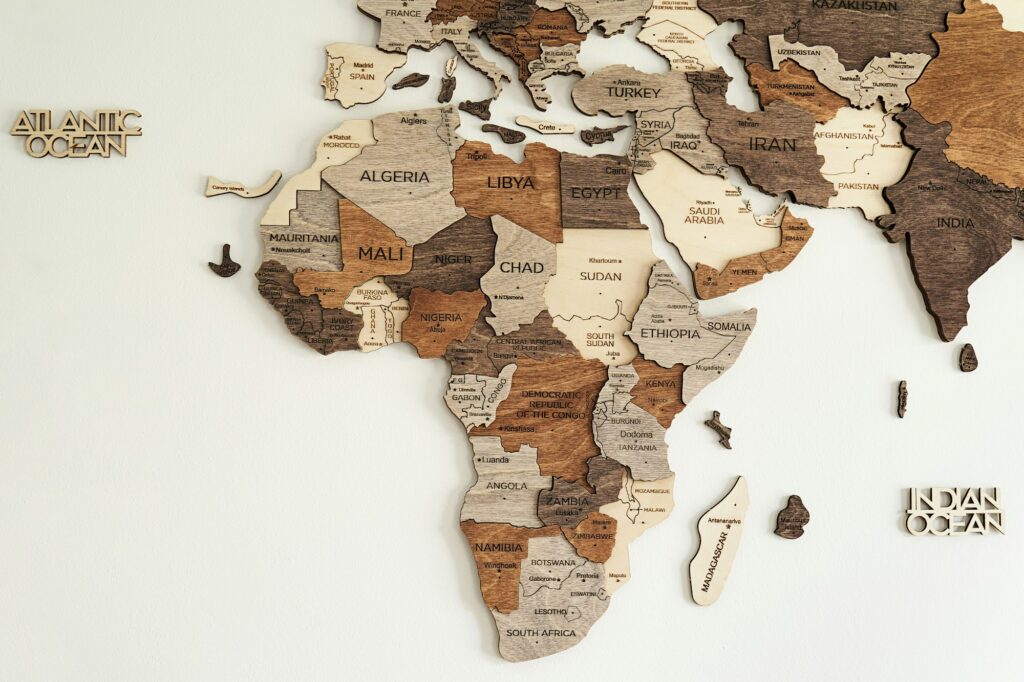
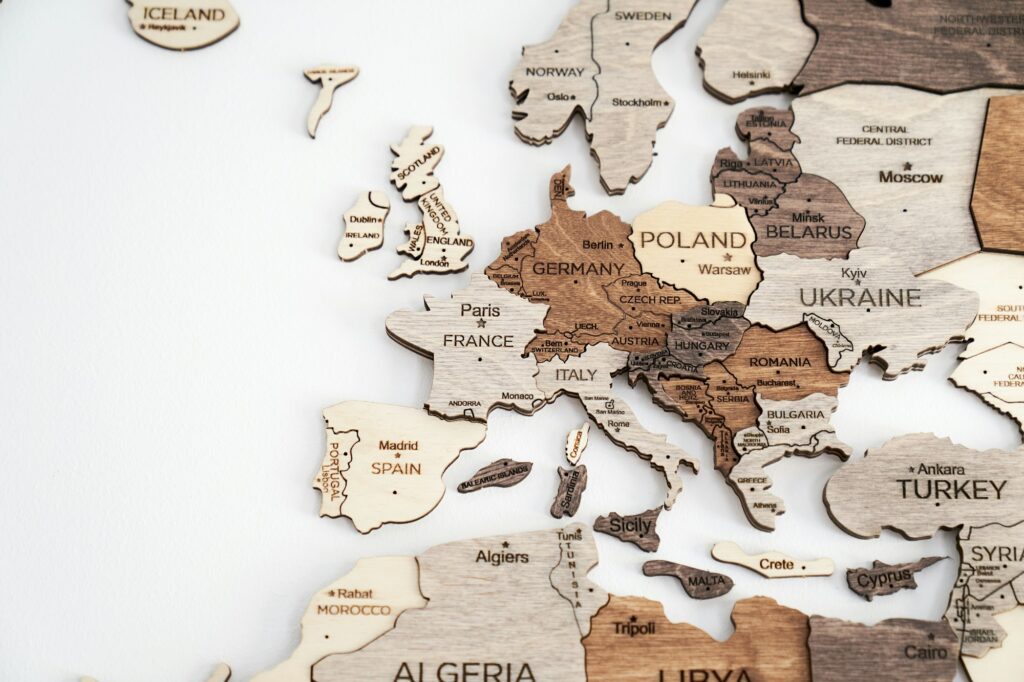
Safety Guides for Europe(Coming Soon)
top Destination : Italy – Spain – Switzerland – France – Belgium – Germany ….
Too Many Places Too Little Time

Dulce Molly
CEO, Greenprint
Join 900+ subscribers
Stay in the loop with everything you need to know.
